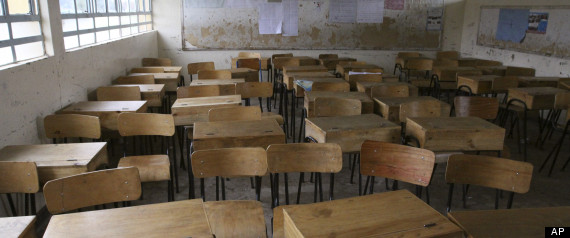Dream Deferred: Are We Leaving Black Students Behind?

This article is part of a Huffington Post series examining the state of Black America. To read more, click here.
NEW YORK -- When Dwight Davis, a black educator from Washington, D.C., thinks about his good teachers, he spouts their names in rapid succession. But when he reflects on the bad ones, their identities fade into a nightmarish blur. It's their actions that haunt him.
There was that time one teacher confused him for a special-education student, so she mistakenly told Davis' mother that he would be held back.
In fourth grade, Davis auditioned for choir, singing "It's A Small World." The choir teacher -- whose name Davis can't recall -- started laughing. It was devastating.
The next year, a friend in the school's science club encouraged Davis to join. "He was from a middle-class family, I was not," Davis recalls. Enthralled by his friend's extensive science knowledge, he asked the club’s teacher if he could join. She rolled her eyes and said no. "It was pretty horrible," he says. "I don't know what happened. She maybe had a Zimmerman moment and thought that because of how I dressed and looked, I was unworthy."
Overall, Davis sensed that no one cared. Though he excelled in elementary school, as he got older, he recalls, he fell in with the wrong crowd. His grades dropped, and he
